Do a quick thought experiment with me here to illustrate this concept in your mind.
Imagine that your garden is pest-ridden and is being absolutely devoured by aphids, thrips, whiteflies, or cucumber beetles. Take your pick of your least-favorite pest insect, that's what you've got in your garden.
You reach for your sprayer of soapy water, your H2O2, or diatomaceous earth, or you start squishing bugs by hand.
In this moment, you've made a critical assumption - that the pest is the problem. If you can just get rid of this damn pest population, all will be well in your garden. The root issue is surely the pests eating your plants.
Disclaimer: This post may contain affiliate links. Refer to the privacy policy for more information.
Consider hypothetically though, that this assumption might be completely wrong. What if the pests are not the issue at all? What if they are only symptoms of a much deeper problem?
You can see how if this assumption is wrong, then your entire approach to fighting off these bugs may be completely misguided. What you're doing to deal with this pest is informed by your assumption that they are the problem.
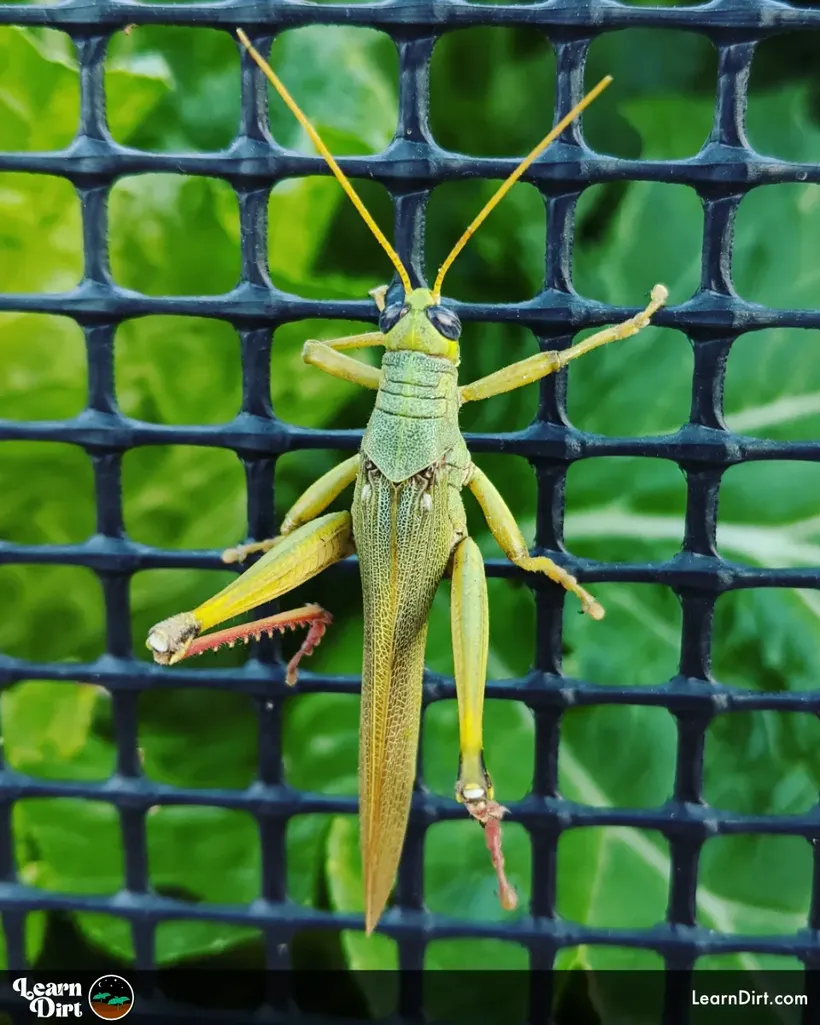
Pests as Problems
Pests as Indicators
Often the case is that garden pests are only a symptom indicating a much deeper problem.
Consider that if pests are a symptom and you spend all your energy focused on addressing just that symptom - you'll be no closer to solving the root problem.
Without addressing the root, symptoms such as pests will recur over and over again. You'll face the same problems, always treating them at the surface level instead of addressing the root cause.
If we try on the lens of seeing our garden pests as symptoms, rather than root problems themselves, how would we act differently in our gardens?
How would we interact differently with the ecosystem? How much more successful could we be at gardening if we address every problem where it starts...
All this hinges on being able to discern which garden issues are symptoms, which are root problems, and how to tell them apart.
Identifying Root Problems
Lack of Biodiversity
A diverse ecosystem is a resilient ecosystem.
Nature favors a polyculture. It's very rare that you'll ever find only one species of plant living in a natural environment - yet this is so common in agriculture.
It's the diversity of plant species which attracts and provides food and shelter for a diversity of beneficial insects. In turn, these beneficials pollinate your plants, eat your pests, and keep the garden balanced.
Poor Soil Health
Poor Ecosystem Health
Imbalanced System
Integrated Solutions
Any solution applied to a garden ecosystem should be integrated in a cohesive manner into the holism of that system.
Failure to thoroughly understand complex systems before prescribing alterations will lead to disintegrated solutions and destabilization of equilibrium or backfiring.
Unintended consequences are a common feature of complex systems, and our garden ecosystems are no different. Carefully integrate your solutions into the larger ecosystem and make changes slowly while observing effects.






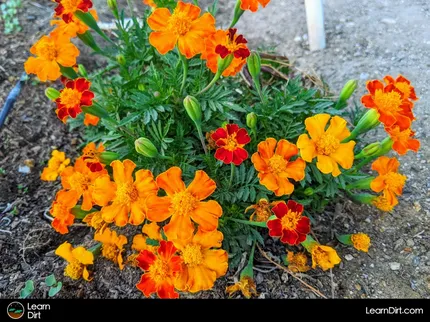
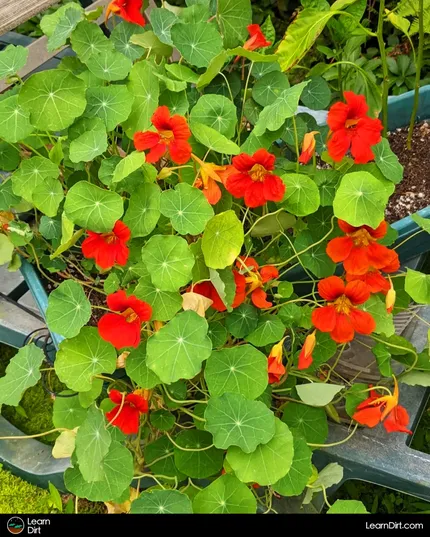

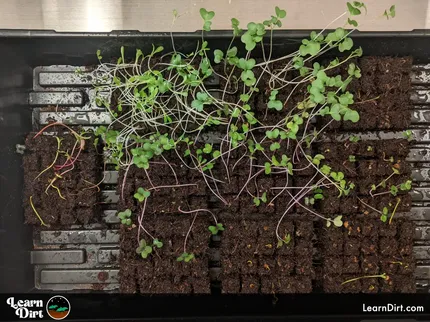
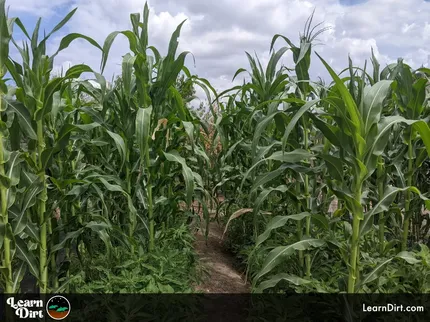
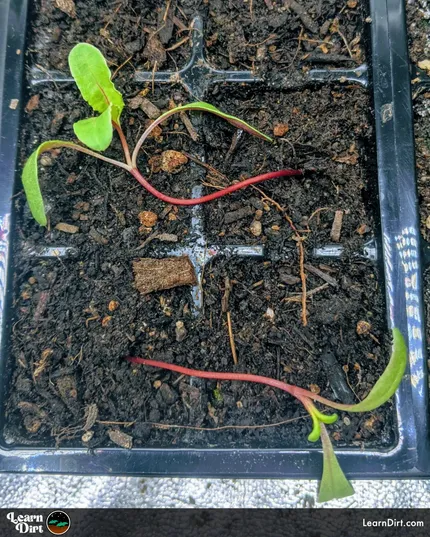
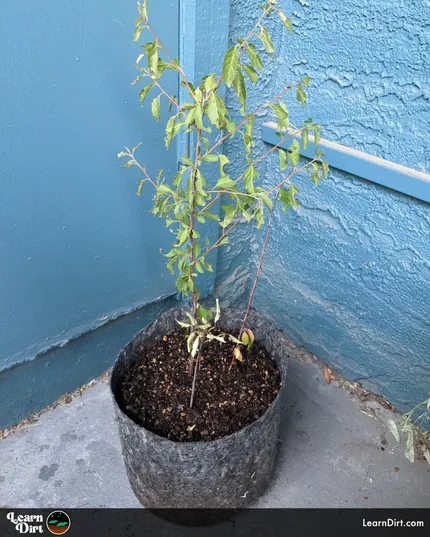
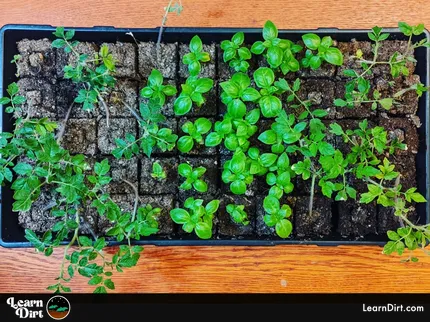
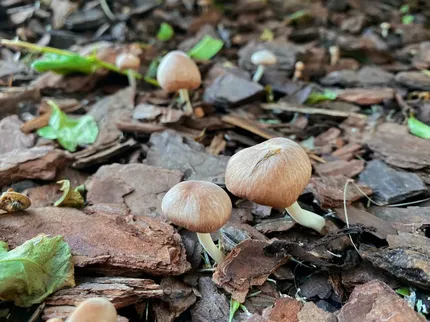
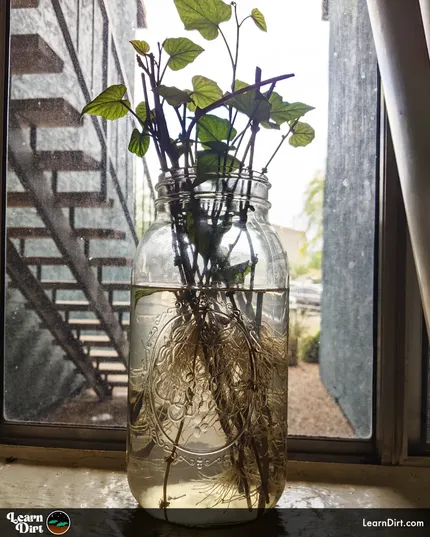





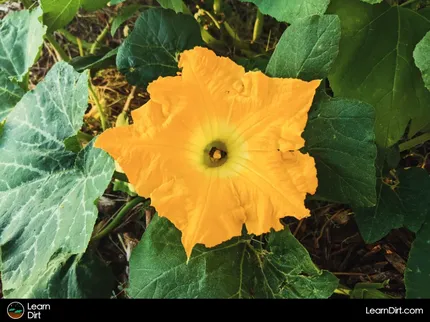
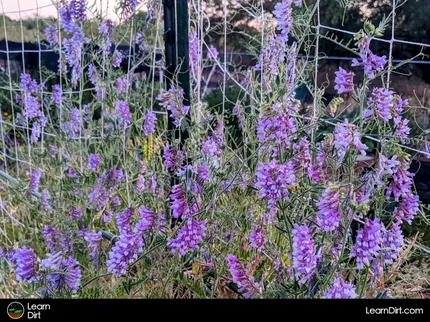
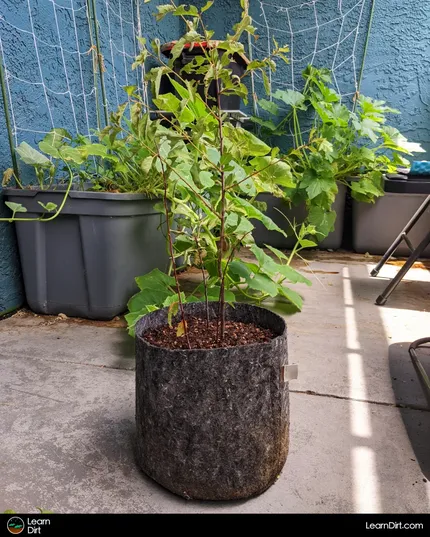
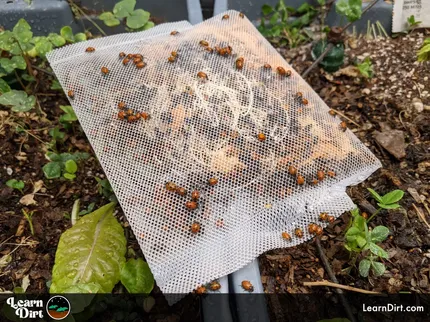
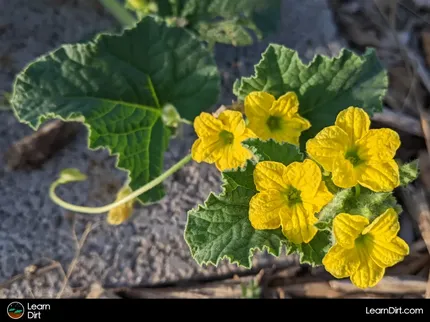

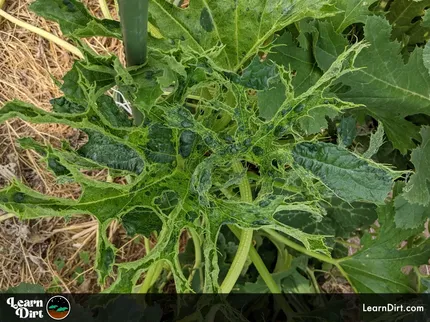
Leave A Comment:
Under construction, please check back soon!